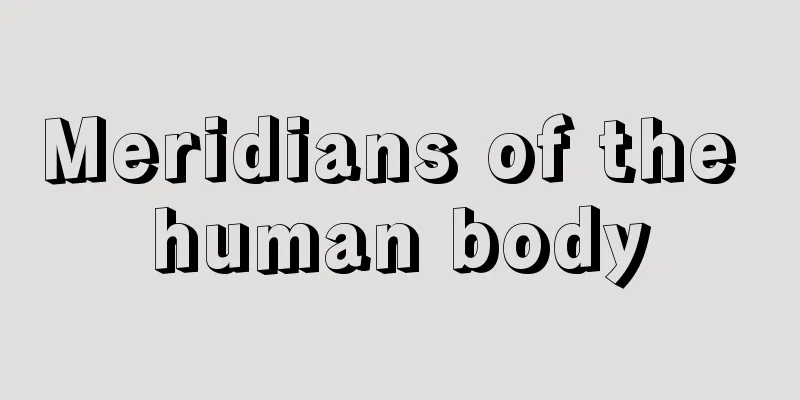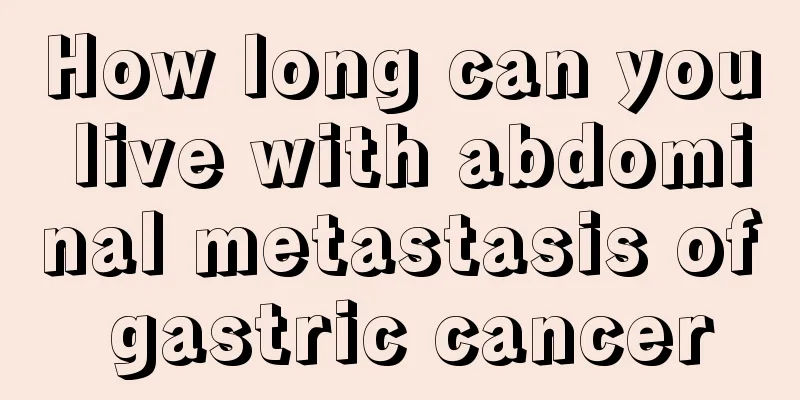What causes lower abdominal pain after exercise

|
Many people will find obvious lower abdominal pain after exercise. This is mainly due to lack of exercise in daily life or insufficient preparation before exercise. In addition, long-term exercise in a hungry state will also cause this symptom. 1. Lack of exercise People who lack exercise on a regular basis will require more oxygen than those who exercise regularly, which can easily lead to breathing problems and shortness of breath. Under normal circumstances, when the human body inhales, the negative pressure in the chest cavity will increase, which is beneficial to the blood return in the hepatic vein and other places. However, when you breathe rapidly during exercise, the chest pressure will decrease, and the blood return to the liver will be hindered, causing congestion in the liver and causing liver pain. This phenomenon usually causes pain in the upper right abdomen. 2. No warm-up activities Insufficient warm-up before exercise or no warm-up at all can easily lead to acute chest and rib pain. During strenuous exercise, the muscles are in a tense state without warm-up exercises. The internal organs cannot move immediately to meet the nutrients and oxygen needed for muscle activity, which will cause the respiratory muscles to tense and spasm, causing pain. 3. Exercise after meals or when hungry Exercising after a meal or when hungry can cause gastrointestinal dysfunction, leading to gastrointestinal cramps and abdominal pain. 4. Excessive loss of water and salt When doing strenuous exercise, a lot of water and salt will be lost due to sweating. If they are not replenished in time, it is easy to cause water and electrolyte metabolism disorders, leading to rectus abdominis spasms and abdominal pain. Generally, this pain occurs in the later stages of exercise. 5. Caused by insufficient blood supply During exercise, the blood supply to skeletal muscles increases, while the blood supply to internal organs decreases accordingly. Insufficient blood supply can cause spasmodic contraction of gastrointestinal smooth muscles and lead to abdominal pain. 6. Excessive exercise Excessive amount and intensity of exercise can easily lead to muscle strain. For example, if you do sit-ups and do not control the amount of exercise, you can easily strain your abdominal muscles and cause abdominal pain. |
<<: What kind of liquor should be drunk at the wedding banquet to have a good marriage
>>: How to reduce appetite, 6 ways to teach you how to do it easily
Recommend
What to do if the sweater shrinks
Wool sweaters are a common type of clothing. They...
What causes joint crackling?
Many people can hear the joints crackling when th...
What causes back pain and stomach pain?
What is lower back pain and stomach pain? This is...
Will drinking hot and cold water together cause poisoning?
Many people have had this experience: when they a...
Patient Information: Symptoms of Kidney Tumor Metastasis
After a kidney tumor metastasizes, it can cause o...
Eating tomatoes will cause red stool residue
Everyone's digestive ability is different. Pe...
How to treat hyperprolactinemic pituitary microadenomas?
The occurrence of hyperprolactinemic pituitary mi...
How to clean blood on clothes?
Our lives are definitely not always smooth sailin...
How to improve cardiopulmonary function
The high and low cardiopulmonary function is rela...
Do you know the difference between sunscreen and isolation cream?
The difference between sunscreen and isolation cr...
The correct way to soak your feet in milk
Soaking feet more often in our daily life is very...
What to do if the skin on the abdomen is loose?
Pursuing beauty is a woman’s right, but as they a...
How to clean old oil stains on clothes
I don’t know if you have ever made this discovery...
How to choose a hospital for biological treatment of cervical cancer
Cervical cancer biological treatment hospital, bi...
How should we prevent cervical cancer
Cervical cancer is one of the common malignant tu...









